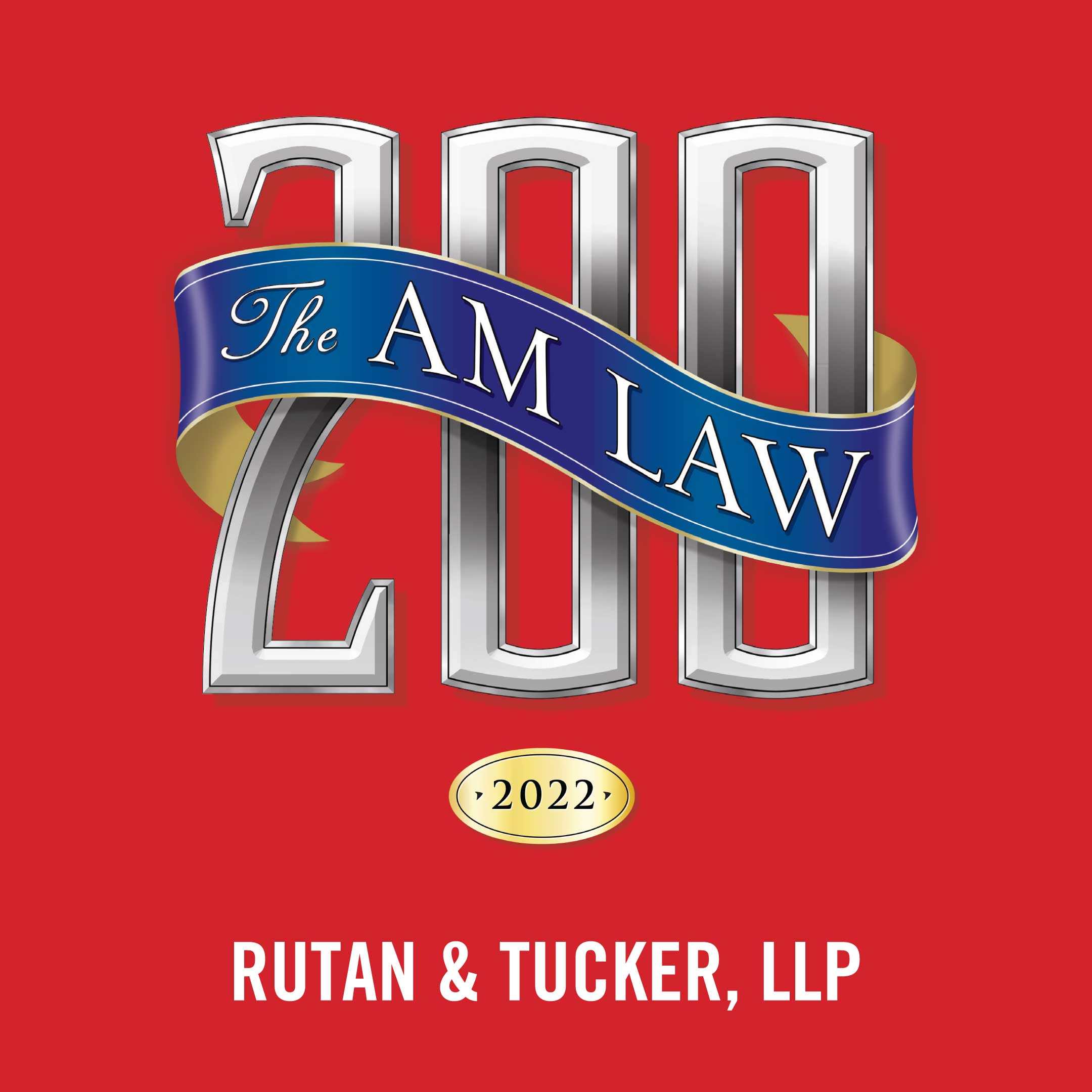Until now a party typically could back out of contract negotiations at its whim so long as one or more “essential terms” of the proposed contract remained subject to further negotiation. Even if the parties preceded their negotiations with a signed letter of intent, one party usually could terminate the negotiations unilaterally unless (1) the letter of intent contained all of the essential terms of the ultimate agreement or (2) the parties’ subsequent negotiations had resolved any open terms in the letter of intent. California courts have routinely refused to hold someone liable simply for failing to negotiate in good faith, usually based on the principle that courts do not enforce “agreements to agree.” On March 19, 2002, a California court of appeal broke new ground in this area. In Copeland v. Baskin Robbins USA, et al., the court of appeal in Los Angeles recognized – apparently for the first time in California – a “contract to negotiate an agreement.” This contract comes into existence when the parties have taken actions reflecting their mutual intent to negotiate the underlying agreement. Most often this “mutual intent” will be found in a signed letter of intent. Presumably, however, less formal documents or oral statements reflecting the parties’ commitment to negotiate also will support the formation of a “contract to negotiate.” Once the parties have entered into this contract, they are legally bound to continue negotiating in good faith. The failure to do so constitutes a breach of that contract. Clients who wish to make certain their preliminary negotiations do not create a “contract to negotiate” can best protect themselves by obtaining a signed acknowledgment from the other side – whether in a letter of intent or other writing – stating unequivocally that no agreement of any kind (including a “contract to negotiate”) will exist between the parties until they have signed a final formal written agreement. Even this language may not necessarily afford protection if the parties’ subsequent conduct allows a court to conclude that the negotiations had proceeded to a point where each party reasonably expected the other to continue negotiating in good faith. The Case In Copeland v. Baskin Robbins, the plaintiff (Copeland) approached Baskin Robbins about acquiring an ice cream manufacturing plant in the City of Vernon after Baskin Robbins announced its intention to close the plant. Copeland made it clear from the outset of their negotiations that his willingness to purchase the plant “was contingent on Baskin Robbins agreeing to purchase the ice cream he manufactured there.” After months of negotiations “an agreement took shape,” under which Copeland essentially would purchase the plant, and Baskin Robbins in turn would enter into a “co-packing” arrangement to purchase seven million gallons of ice cream from Copeland over a three-year period. The terms of the separate co-packing agreement remained to be negotiated. Baskin Robbins sent Copeland a letter detailing these general terms and asked Copeland to (1) sign a statement at the bottom of the letter agreeing that “the above terms are acceptable” and (2) send Baskin Robbins a $3,000 deposit. After Copeland signed the letter and sent the deposit, “the parties continued negotiating over the terms of the co-packing agreement.” Two months later, Baskin Robbins broke off negotiations over the co-packing arrangement and returned Copeland’s deposit. In a letter to Copeland, Baskin Robbins explained that its parent company had made certain strategic business decisions that precluded it from entering into the co-packing arrangement. Baskin Robbins offered to proceed with the agreement for the sale and lease of the Vernon plant, but (from Copeland’s perspective) there was no reason to go forward in the absence of the “co-packing deal.” Copeland eventually sued Baskin Robbins for breach of contract. The trial court awarded Baskin Robbins judgment because “the essential terms of the co-packing deal were never agreed to,” and therefore no co-packing agreement ever came into existence. Copeland appealed the decision. The court of appeal first acknowledged that the parties had never finalized the co-packing agreement, so it could not be treated as an enforceable contract. While most courts would have stopped there and concluded Copeland simply was out of luck, this court examined whether Baskin Robbins had breached a different contract, namely a contract to negotiate an agreement in good faith. Finding Baskin Robbins’ policy arguments against such a contract “unpersuasive,” the court held that “a cause of action will lie for breach of a contract to negotiate the terms of an agreement.” The court noted that “in most cases the question whether the defendant negotiated in good faith will be a question of fact for the jury.” The court held that the damages recoverable for breach of a “contract to negotiate” are limited to those expenses and losses incurred in reliance on the contract. According to the court, such damages consist of the plaintiff’s out-of-pocket costs in conducting the negotiations “and may or may not include lost opportunity costs.” Recognizing that a “contract to negotiate” differs from the ultimate agreement the parties presumably would have reached had both sides continued to negotiate in good faith, the court noted that “the plaintiff cannot recover for lost expectations (profits) because there is no way of knowing what the ultimate terms of the agreement would have been or even if there would have been an ultimate agreement.” (Interestingly, the court of appeal upheld Baskin Robbins’ judgment, despite the finding on the contract issue, because Copeland had chosen not to seek the only type of damages available for breach of the contract to negotiate, i.e., “reliance” damages.) Conclusion As a pioneering decision in California, the Copeland case obviously will be reviewed and scrutinized by other courts and litigants. The California Supreme Court also may either order the decision “depublished” or accept the case for review, either of which would prevent the decision from being used as precedent in future cases. We will keep you posted on the status of this case. Regardless of its outcome, however, please keep in mind that the best way to protect yourself against an unexpected result is to set down your intent in an unambiguous writing signed by the other side – and then to continue acting in a manner consistent with that intent. For further information, please contact Ira G. Rivin at (714) 641-3410 or your lawyer at Rutan & Tucker.



